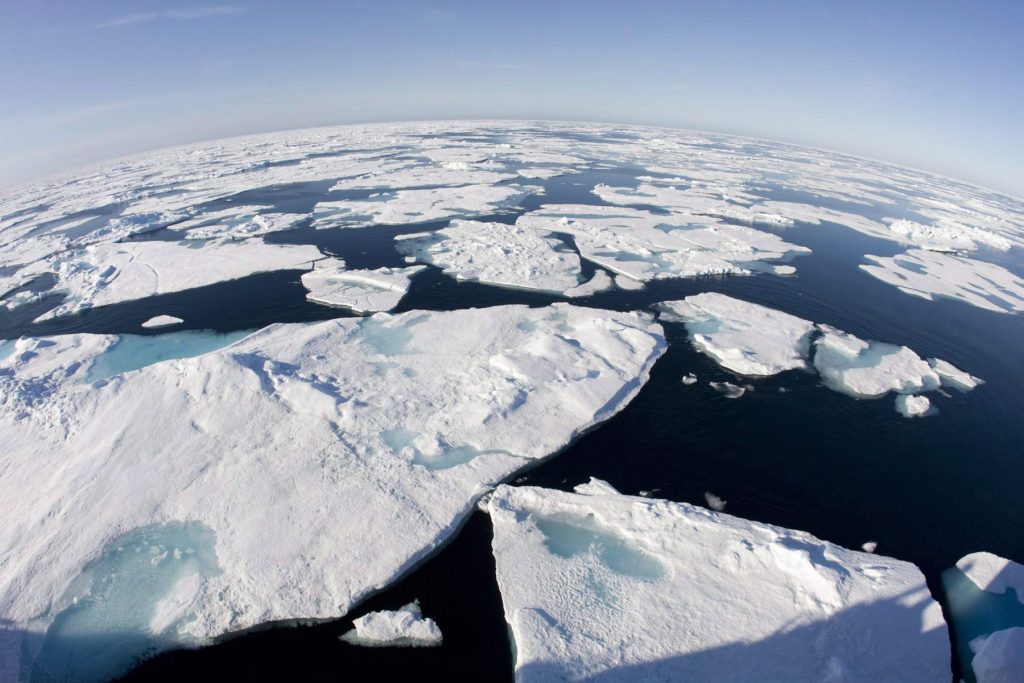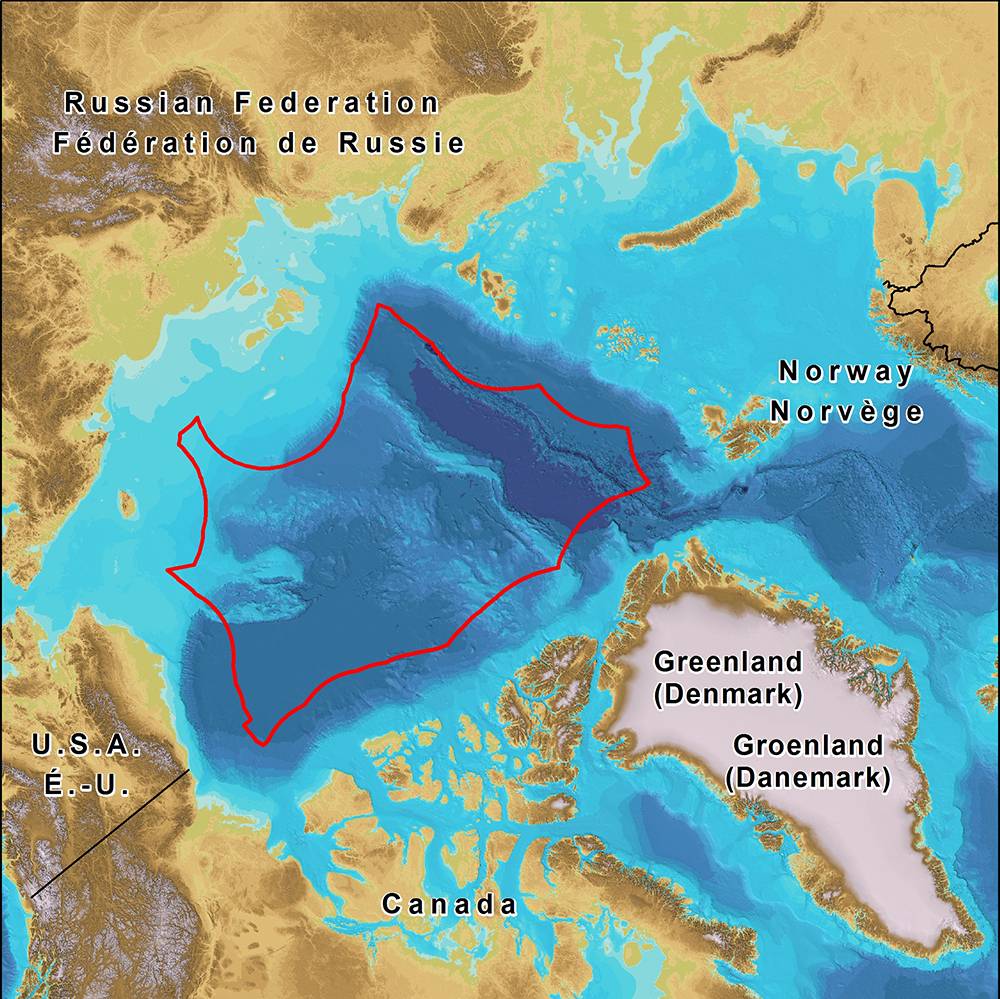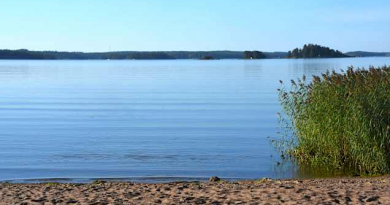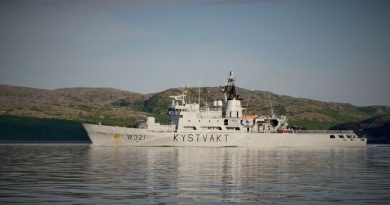Central Arctic Ocean fishing moratorium comes into effect

An international agreement banning commercial fishing in the Central Arctic Ocean came into effect June 25, three years after being signed by nine countries, including Canada, as well as the European Union.
“This important agreement is about responsible ocean stewardship and is necessary to protect this rapidly changing area already impacted by climate change and the threat of illegal fishing,” Bernadette Jordan, Canada’s Minister of Fisheries, Oceans and the Canadian Coast Guard, said in a news release on Friday.
“By working with other nations and drawing upon the traditional knowledge of the Arctic Indigenous Peoples, Canada is helping to protect the Arctic’s diverse and dynamic ecosystems for future generations.”
The International Agreement to Prevent Unregulated High Seas Fisheries in the Central Arctic Ocean is legally binding agreement will be in effect for 16 years, after which the parties, which besides Canada and the E.U., include China, Japan, Russia, Iceland, the United States, Norway, South Korea and Denmark, will be able to renew it for five year periods.
Environmental conditions currently preclude commercial fishing in the Central Arctic Ocean, but ongoing Arctic warming means it could be possible in the future.

In 2012, more than 2,000 scientists from around the world signed an open letter calling for a moratorium on commercial fishing in the Arctic, saying researchers knew too little about the previously inaccessible area and the fish stocks that live there.
The goal of the agreement was to give scientists time to better understand the area, which measures approximately 2.8 million square kilometres, and for the parties to establish a joint program of scientific research and monitoring within two years that would then work on establishing whether fish stocks that may be in the area can be sustainably harvested.
“This is the first multilateral agreement of its kind to take a legally binding, precautionary approach to protect an area from commercial fishing before such fishing has begun,” said the U.S. Department of State in a news release.
Write to Eilís Quinn at eilis.quinn(at)cbc.ca
Related stories from around the North:
Canada: New research chair at Laval University to help better understand permafrost changes in Arctic Quebec, Eye on the Arctic
Greenland: Oldest Arctic sea ice vanishes twice as fast as rest of region, study shows, Eye on the Arctic
Norway: Thawing permafrost melts ground under homes and around Global Seed Vault in Svalbard, The Independent Barents Observer
Russia: Record breaking temperatures recorded in Arctic Russia, Eye on the Arctic
United States: Bering Sea ice at lowest extent in at least 5,500 years, study says, Alaska Public Media



